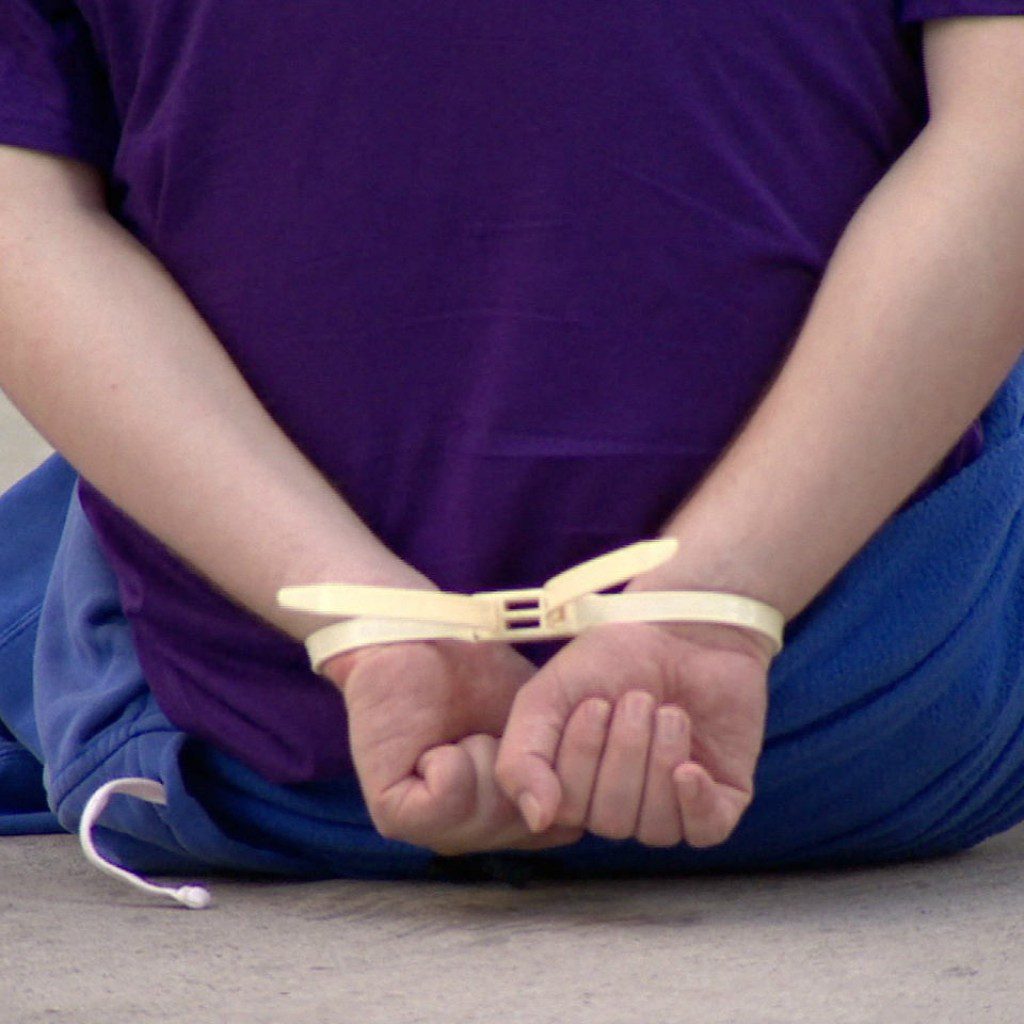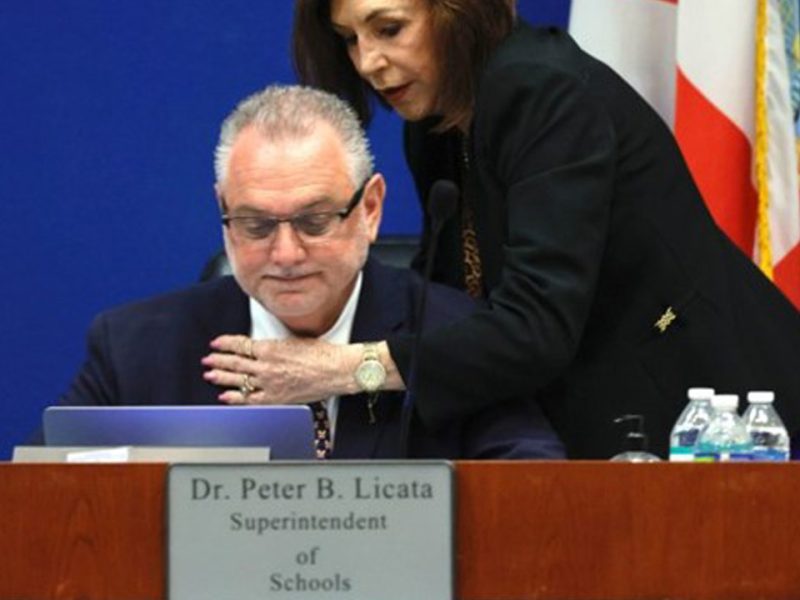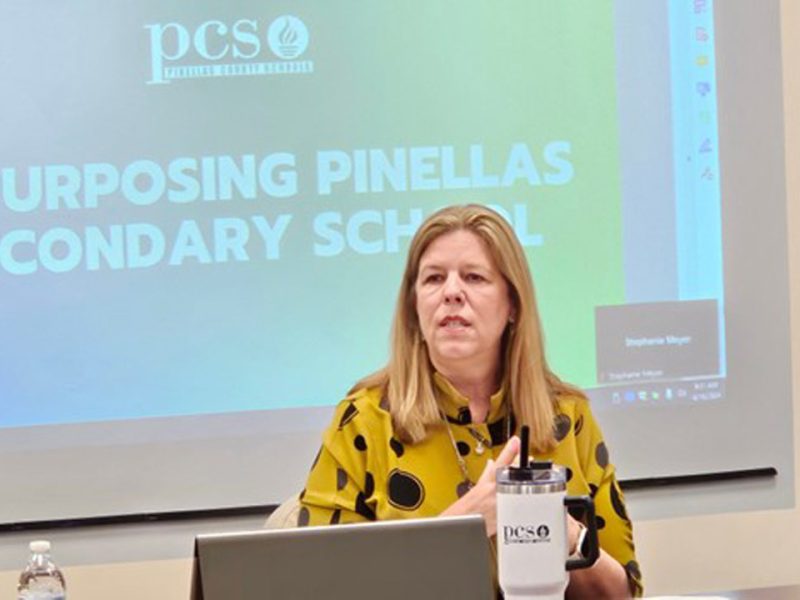House tees up students with disabilities disciplinary bill for final vote
Florida Politics | by Haley Brown | April 13, 2021
Last year a similar bill failed in the Senate after passing the House.
A bill that would change the discipline process for students with disabilities, and test out a new video monitoring program in special education classrooms is ready for a final vote on the House floor.
The House bill (HB 149), sponsored by Fort Lauderdale Rep. Bobby DuBose, advanced through its second reading Tuesday.
“Students have suffered bone fractures, bleeding and in some unfortunate cases, death,” DuBose said about student restraint practices.
Senate companion legislation (SB 192) is sponsored by Sen. Lauren Book. Book and DuBose have worked together on similar versions of the legislation in years past, which have so far not passed.
Last year, DuBose’s House version moved through the committee process and earned unanimous approval in the House, but the bill died after being sent to the Senate.
This year’s House bill revises requirements for the use of seclusion and restraint as punishments for a student with disabilities.
“Restraint and seclusion techniques are too heavily depended on in the classroom, specifically when issues arise with students who have disabilities,” DuBose said.
The bill defines seclusion as “the involuntary confinement of a student in a room or area alone and preventing the student from leaving the room or area.” The bill said a time out is not included in seclusion.
The bill defines physical restraint as “the use of manual restraint techniques that involve significant physical force applied by a teacher or other staff member to restrict the movement of all or part of a student’s body. The term does not include briefly holding a student in order to calm or comfort the student or physically escorting a student to a safe location.”
Physical restraint of a student would only be allowed if needed to protect students or school personnel, but not as a disciplinary measure, and a student could only be restrained long enough to protect the student and others and only after all other options have been exhausted.
The bill specifically prohibits any physical techniques that would inflict pain and the use of straight jackets, zip ties, handcuffs, or tie-downs.
As an alternative to restraint and seclusion, the bill directs schools to adopt policies and procedures related to positive behavior interventions and support. The bill requires school districts to develop a crisis intervention plan for a student who is restrained more than once during a semester.
There are transparency elements to the bill as well. The bill requires the Department of Education to publish anonymous restraint incident data on the department’s website each month, and the bill creates a pilot program for the use of video cameras in classrooms.
The video monitoring program would roll out in Volusia and Broward counties. Under the program, at the written request of a parent, the school districts must install a video camera in special education classes to record the classroom. The video is required to show the entire classroom, including entrances and exits, but no restrooms.
The bill provides circumstances under which the video recording may be viewed and requires anyone who views the video to report suspected child abuse to the Department of Children and Families.
The Senate companion bill is at its final committee stop, Appropriations.






